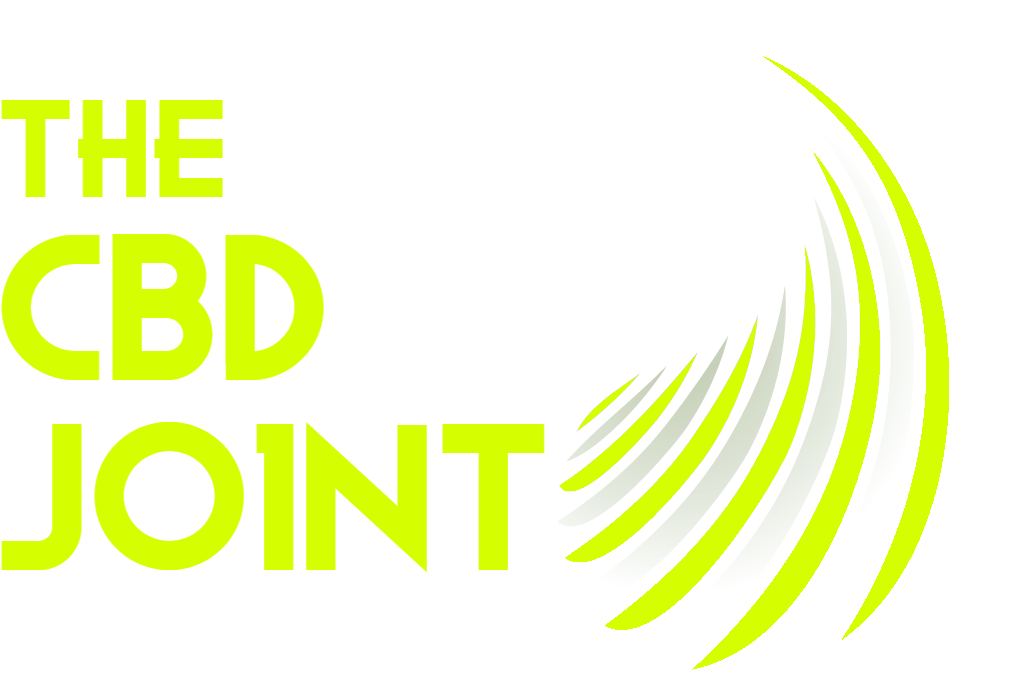The legality of CBD depends on where you are located and the source of the CBD. In the United States, for example, CBD derived from hemp (a variety of the cannabis plant with less than 0.3% THC) is legal under federal law, thanks to the 2018 Farm Bill. However, CBD derived from marijuana (a variety of the cannabis plant with more than 0.3% THC) is still illegal under federal law, although it may be legal in some states where marijuana has been legalized for medical or recreational use.
It’s important to note that while CBD is legal at the federal level in the United States, individual states may have their own laws and regulations regarding CBD. Some states have more restrictive laws regarding CBD, while others have more lenient laws.
Outside of the United States, the legality of CBD varies from country to country. In some countries, CBD is legal only for medical use, while in others it is legal for both medical and recreational use. It’s important to research the laws and regulations in your specific location to ensure that you are using CBD legally.
As I mentioned earlier, the legality of CBD depends on several factors, including the source of the CBD and the laws and regulations in your specific location.
In the United States, CBD derived from hemp is legal under federal law thanks to the 2018 Farm Bill. This legislation removed hemp and its derivatives, including CBD, from the list of Schedule I controlled substances, provided that the hemp contains less than 0.3% THC. This means that CBD products made from hemp and containing less than 0.3% THC are legal at the federal level.
However, CBD derived from marijuana is still illegal under federal law. Marijuana is listed as a Schedule I controlled substance, which means it is considered to have a high potential for abuse and no accepted medical use. Some states have legalized marijuana for medical or recreational use, but it is still illegal under federal law.
It’s important to note that while CBD is legal at the federal level in the United States, individual states may have their own laws and regulations regarding CBD. Some states have more restrictive laws regarding CBD, while others have more lenient laws. For example, some states may require that CBD products be derived only from hemp, while others may allow products derived from both hemp and marijuana.
Outside of the United States, the legality of CBD varies from country to country. In some countries, CBD is legal only for medical use, while in others it is legal for both medical and recreational use. Some countries have very strict laws regarding CBD, while others have more lenient laws. It’s important to research the laws and regulations in your specific location to ensure that you are using CBD legally.
